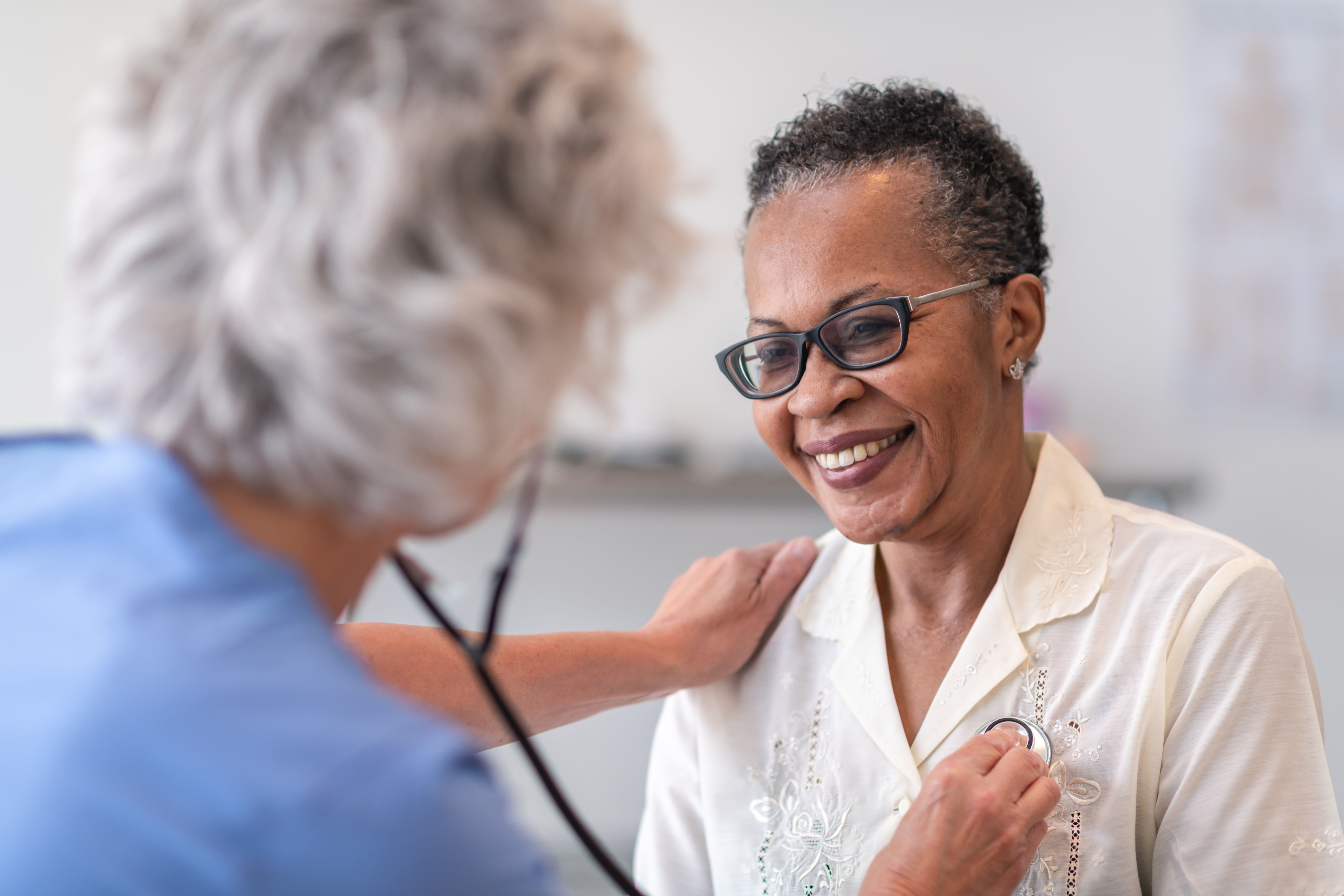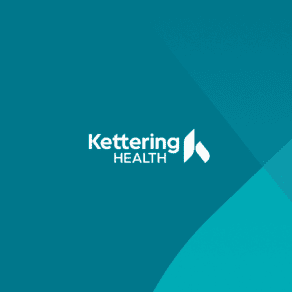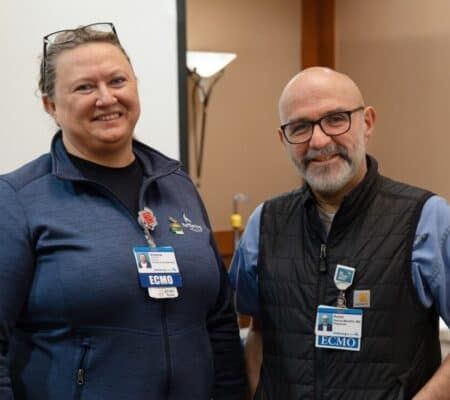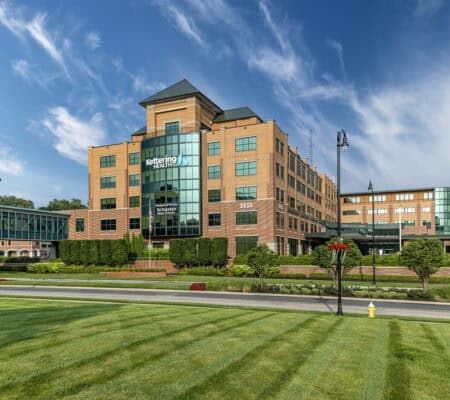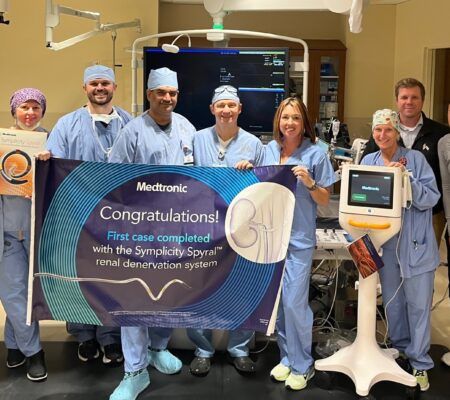Open heart surgery has granted countless people a second chance at life. Major surgery requires meticulous expertise.
If you or a loved one needs open heart surgery, rest assured our renowned heart surgeons are national leaders at what they do. Our entire team is committed to supporting you along your journey to healing and new possibilities.
Why Choose Us?
Advancements in surgical techniques have transformed how heart conditions are treated. Our specialists are at the forefront of these innovations, offering less invasive options that can lead to faster recovery, reduced discomfort, and shorter hospital stays. Whether through small incisions or catheter-based procedures, our team is committed to delivering expert care with minimal disruption to your life.
Minimally Invasive Cardiac and Thoracic Surgery
This approach uses small incisions and elongated instruments to access the heart or lungs through the ribs—without cutting the breastbone. It often results in less pain, quicker recovery, reduced bleeding, lower infection risk, and shorter hospital stays. Robotic instruments may also assist in these procedures.
Minimally Invasive Therapies
As surgical techniques evolve, our specialists can treat more heart conditions using minimally invasive methods. These procedures involve guiding advanced tools through catheters (thin tubes) in your blood vessels.
Catheter-based therapies typically require only small incisions and offer easier recovery—some patients even go home the same day. While these options aren’t suitable for every case, our team’s national expertise allows us to offer a wide range of innovative treatments. Ask your doctor for more information or explore cardiac catheterization in more detail.
What to Expect Before Open Heart Surgery
- Complete evaluation: Doctors often consider open heart surgery to treat coronary artery disease (which blocks arteries to the heart) or heart valve problems. No matter what health challenges you face, your care team will sit with you early on to touch base about what’s ahead. We will explain your diagnosis and the treatment options available to you.
- Step-by-step instructions tailored to you: Certain aspects of your journey through surgery will depend on the details of your case. This includes the tests your doctor orders and any pre-surgery actions you will need to take to ensure a safe and effective procedure. Your care team will go over everything you need to know. You’ll also be given a packet of information customized to you, which you can take home. It’s important to follow all of your care team’s instructions. These instructions are designed for your health and safety. Your surgeon will go over the specifics of your procedure in the weeks before surgery. We encourage you to raise any questions or concerns you have at any time.
- One-on-one support for the care journey: Soon after you decide to move forward with open heart surgery, your care team will connect you with a coordinator. This trained nurse is well-versed in the care process and will serve as a source of support and guidance throughout your care journey. Your coordinator will
- Answers your questions and concerns.
- Acts as a source of comfort and encouragement.
- Connects you with helpful resources, such as financial counselors or social workers.
- Coordinates pre-admission lab testing.
- Explains what to expect during and after surgery.
- Coordinates your rehabilitation after surgery.
During Open Heart Surgery
Shortly before going into surgery, you’ll receive a mild sedative to help you relax. Our anesthesiology team will then give you general anesthesia (to put you to sleep) to keep you safe and comfortable. No two surgeries are alike. Our surgeons complete most open heart procedures in four to six hours.
During open heart surgery, a surgeon may do the following
- Make a large incision in the chest, cutting through the breast bone to reach the heart.
- Connect you to a heart-lung bypass machine, which takes over the heart’s functions during surgery.
- Repair or replace the damaged tissue. In the case of a blocked artery, a surgeon may use a healthy blood vessel to make a new path around—or bypass—a blocked artery.
- Secure the breastbone and close the incision.
After Open Heart Surgery
Your recovery in the hospital
After surgery is complete, you will recover in our Cardio Thoracic Care Unit (CTCU). This unit provides a high level of medical monitoring to ensure your health and safety after heart surgery.
Your surgeon will update your family or caregivers on your progress. After your anesthesia wears off and your care team is confident of your health and safety, your family can visit you.
Depending on your needs, your care team may choose to monitor you with any combination of devices, including the following:
- Bladder catheter
- Chest drainage tubes
- Elastic stockings
- Heart monitor
- Heart–lung bypass machine
- IVs
- Ventilator
Your care team will continue to monitor you closely with appropriate pain medication to keep you comfortable in the hospital. When you’re ready to go home, a member of your care team will make sure you and your caregivers have all the information you need to recover safely and comfortably at home.
Your recovery at home
Everyone recovers from open heart surgery at their own pace. You will likely need regular caregiver support, at least in the early days of your recovery.
Your care team will follow your progress at regular visits in the weeks after surgery. They will give you the best estimate of what to expect, but many people resume work three months after surgery.
Cardiac Rehab
If you need heart surgery, your doctor may advise you to participate in a cardiac rehabilitation program during your recovery. Another name for this program is cardiac rehab.
In this program, trained professionals work hand-in-hand with you during your recovery. We help optimize your health after surgery and give you tools to protect your heart. We offer cardiac rehab programs at three convenient locations.
Participating in a cardiac rehab program involves the following:
- Doing safe, gentle exercises (led by a trained professional) to strengthen your body.
- Learning ways (such as eating choices) to protect your heart.
- Talking about your health challenges and developing healthy coping strategies.

